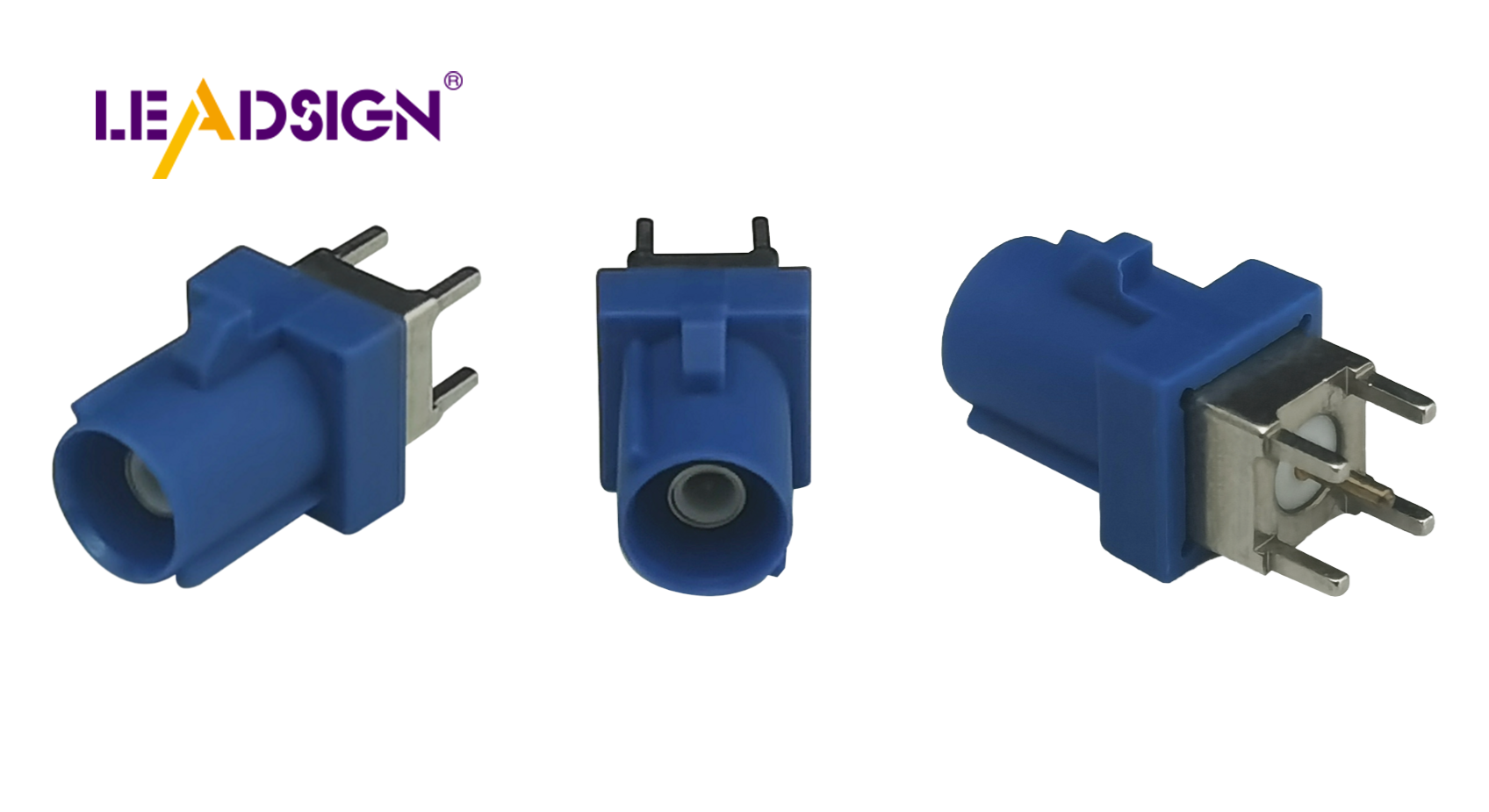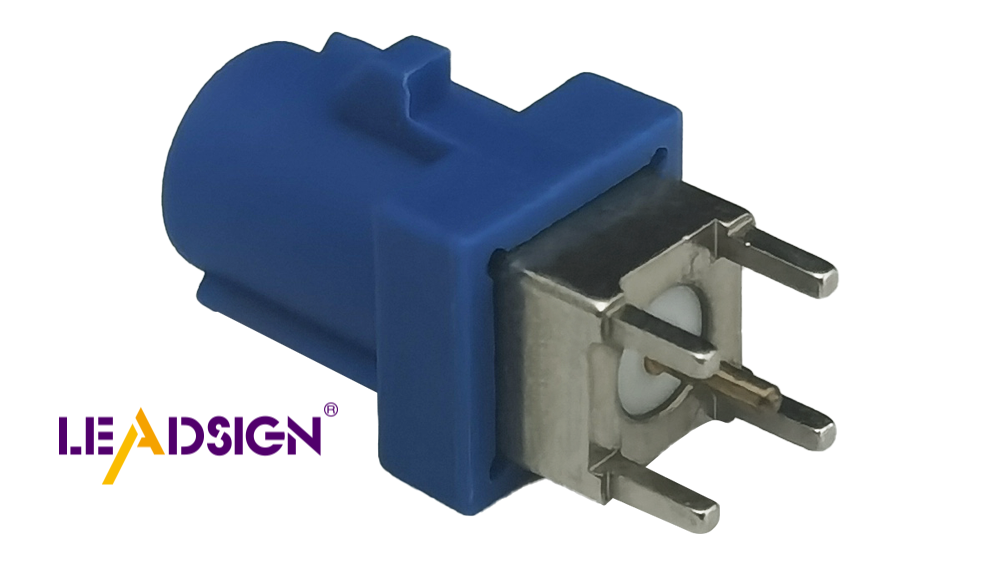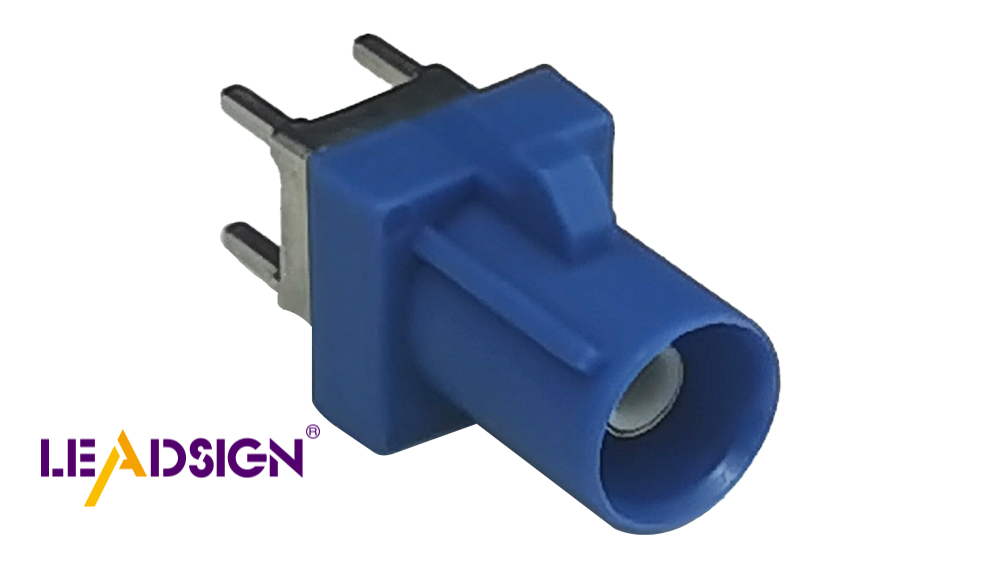Avoid Common Issues with Automotive Harness Connectors Using These Tips

Automotive harness connectors are important for your car's safety. Problems happen from rust, loose parts, or weather changes. Water, dirt, and heat can harm connectors. This may cause signal loss or electrical trouble. Taking care of wires and connectors stops these issues. It keeps your car working well and lasting longer.
Key Takeaways
Clean car connectors often to stop rust. Use cleaner spray and add grease for extra safety.
Check connectors every three months for breaks or loose wires. Finding problems early stops bigger issues later.
Use waterproof covers and grease to keep out water and dirt. This helps them work well and last longer.
Understanding Common Issues
Corrosion and Its Effects on Connectors
Corrosion is a common problem for car connectors. It happens when moisture, dirt, or temperature changes affect them. Vibrations and heat changes can cause fretting corrosion. This type of corrosion damages electrical contacts over time. Damaged contacts may lead to power loss or broken signals. High humidity or harmful gases can also cause environmental corrosion. This creates layers that block proper connections. These problems can weaken how your connectors work. Cleaning and taking care of them often can stop corrosion. This also helps your connectors last longer.
Loose Connections and Electrical Failures
Loose connections are another big problem for car connectors. They can happen from bad installation, damage, or wear over time. If connectors are not tight, they may lose connection sometimes. This can even cause full electrical failure in your car. Important systems like lights or navigation may stop working. Making sure connectors are tight during setup can prevent this. Checking them regularly helps find and fix loose ones early.
Environmental Wear on Wire Harnesses
Car connectors deal with tough weather and conditions daily. Heat, cold, water, and dirt can harm them. For example, very hot or cold weather can crack materials. Dirt and water can get inside and cause rust or short circuits. Using waterproof connectors or extra covers can protect them. Regular care keeps connectors working well, even in bad conditions.
Tips for Maintaining Connectors

Cleaning Connectors to Prevent Corrosion
Cleaning connectors stops rust and keeps them working well. Dirt and water can build up and cause problems. Use an electronic cleaner to remove dirt and improve connections. Take out the terminals and clean any rust you see. Then, apply fluid film to both sides of the connectors. Add dielectric grease to protect them from water and damage. Silicone grease gives extra protection and makes them last longer. Clean and protect them often to keep them reliable.
Inspecting for Damage and Wear
Check your connectors often to keep them in good shape. First, clean them with air or a soft brush to remove dirt. Look for cracks, rust, or loose parts that need fixing. Use the right tools to avoid breaking the connectors. Don’t tighten them too much, as it can cause damage. Add a little dielectric grease to protect them from water and wear. These steps help your connectors stay strong and prevent electrical problems.
Protecting Connectors from Moisture and Dirt
Water and dirt can harm your car’s connectors. Use waterproof covers or seals to keep them safe. These covers stop water and dirt from getting inside. Add dielectric grease to the pins and sockets for extra safety. This grease stops rust and protects against damage. By doing this, your connectors will last longer and work well in tough weather.
Installation Best Practices

Handling Automotive Harness Connectors the Right Way
Taking care of harness connectors helps them last longer. Don’t use bad materials or messy wire setups. These mistakes can cause overheating or misalignment. Measure wires carefully and pick the right size to avoid trouble. Use tools made for automotive connectors when working on them. Poor crimping or soldering can make connections weak. Work slowly to avoid breaking the connectors. Careful handling lowers the chance of future problems.
Making Sure Connections Are Secure and Aligned
Good connections are key for proper connector installation. If connectors don’t line up, signals may fail or stop. Check that pins and sockets match before connecting them. Push connectors firmly until they click or lock in place. This keeps them tight and stops them from coming loose. After installing, check often to make sure they stay secure. Following these steps keeps your connectors working well.
Avoiding Too Much Tightening During Installation
Tightening connectors too much can cause damage. Over-tightening can make tubes bulge or stick, making removal hard. It can also bend parts, causing leaks or cracks. Cracks near valves might lead to breaks. Tighten connectors just enough to seal them safely. Use a torque wrench if you’re unsure about the right force. Installing connectors correctly keeps them safe and working properly.
Preventive Measures for Wire Harness Maintenance
Using Dielectric Grease for Longevity
Dielectric grease helps protect car electrical connectors. It stops wear by reducing friction between connector surfaces. This grease also prevents rust and signal loss by blocking oxidation. It keeps moisture and dirt away from the connections. By filling tiny gaps, it ensures signals move smoothly. Its special properties also stop short circuits in multi-pin connectors.
Here’s a simple list of its benefits:
Benefit | Description |
|---|---|
Stops wear and tear | Reduces friction, keeping connector surfaces in good shape. |
Prevents rust | Blocks oxidation, lowering resistance and keeping signals strong. |
Protects from dirt and water | Keeps moisture and debris out, protecting the system. |
Improves signal flow | Fills small gaps to allow smooth signal transfer. |
Stops short circuits | Prevents pins from touching and causing electrical problems. |
Using dielectric grease makes connectors last longer and work better.
Shielding Connectors from Extreme Conditions
Harsh weather can harm connectors and cause car problems. Protect them from heat, cold, and water to avoid damage. Use waterproof or heatproof covers to shield them. For hot areas, pick materials that won’t crack in heat. In cold places, make sure connectors stay flexible to prevent breaks. Adding seals or extra layers can block dirt and water. These steps help connectors stay strong in any weather.
Storing Spare Connectors Safely
Storing spare connectors the right way is very important. Keep them in a clean, dry spot to avoid rust or dirt. Use labeled boxes to organize different types of connectors. Don’t stack heavy things on them to prevent damage. For long storage, use anti-rust bags or silica gel to keep them dry. Safe storage keeps your spare connectors ready to use anytime.
Troubleshooting Common Connector Problems
Spotting Corrosion or Damage
Check connectors for rust, scratches, or bent parts. Rust or white powder shows corrosion. Use a magnifying glass to see small problems. Misaligned pins or cracks mean physical damage. Measure resistance to find oxidation issues. Thermal imaging can show overheating spots. Regular checks help keep connectors working well.
Steps to inspect connectors:
Look at the outside to check the connector’s shape.
Test insulation and electrical performance for safety.
Fixing Loose or Unstable Connections
Loose connections can cause electrical problems in your car. Check connectors for dirt, rust, or damage. Clean them to remove dirt and rust. Push loose parts back into place gently. Replace broken terminals or housings if needed. If fixing isn’t possible, replace the connector. Check wiring diagrams to align wires correctly. Fix misplaced or crossed wires to make it work again. Cleaning and fixing loose parts early stops bigger problems.
Changing Old or Broken Connectors
Sometimes, replacing a connector is the only option. Signs include scratches, bent pins, or discoloration. Rust and moisture can weaken connectors over time. Heat, chemicals, or vibrations may also cause damage. Worn connectors can lead to overheating or electrical failure. Replacing them keeps your car safe and working properly.
Taking care of car connectors keeps your vehicle working well. Regular maintenance stops expensive fixes and makes connectors last longer. Your car will perform better with fewer electrical problems. Follow these tips to keep it running smoothly for a long time.
FAQ
What are automotive electrical connectors?
Automotive connectors link wires and parts in your car. They help systems like lights, GPS, and sensors work properly.
How often should you inspect connectors?
Check connectors every three months to keep them working well. Regular checks find rust, damage, or loose parts before they cause issues.
Can cleaning connectors improve performance?
Yes, cleaning removes dirt and rust from connectors. This helps them work better and prevents signal or system problems.
See Also
Why FAKRA Connectors Are Essential for Automotive Systems
Significance of Fakra Connectors in Today’s Automotive Industry
Understanding the Advantages of Fakra Connectors in Vehicles
Enhancing Vehicle Data Transfer with Advanced Connectors and Cables

